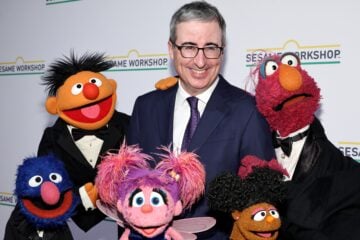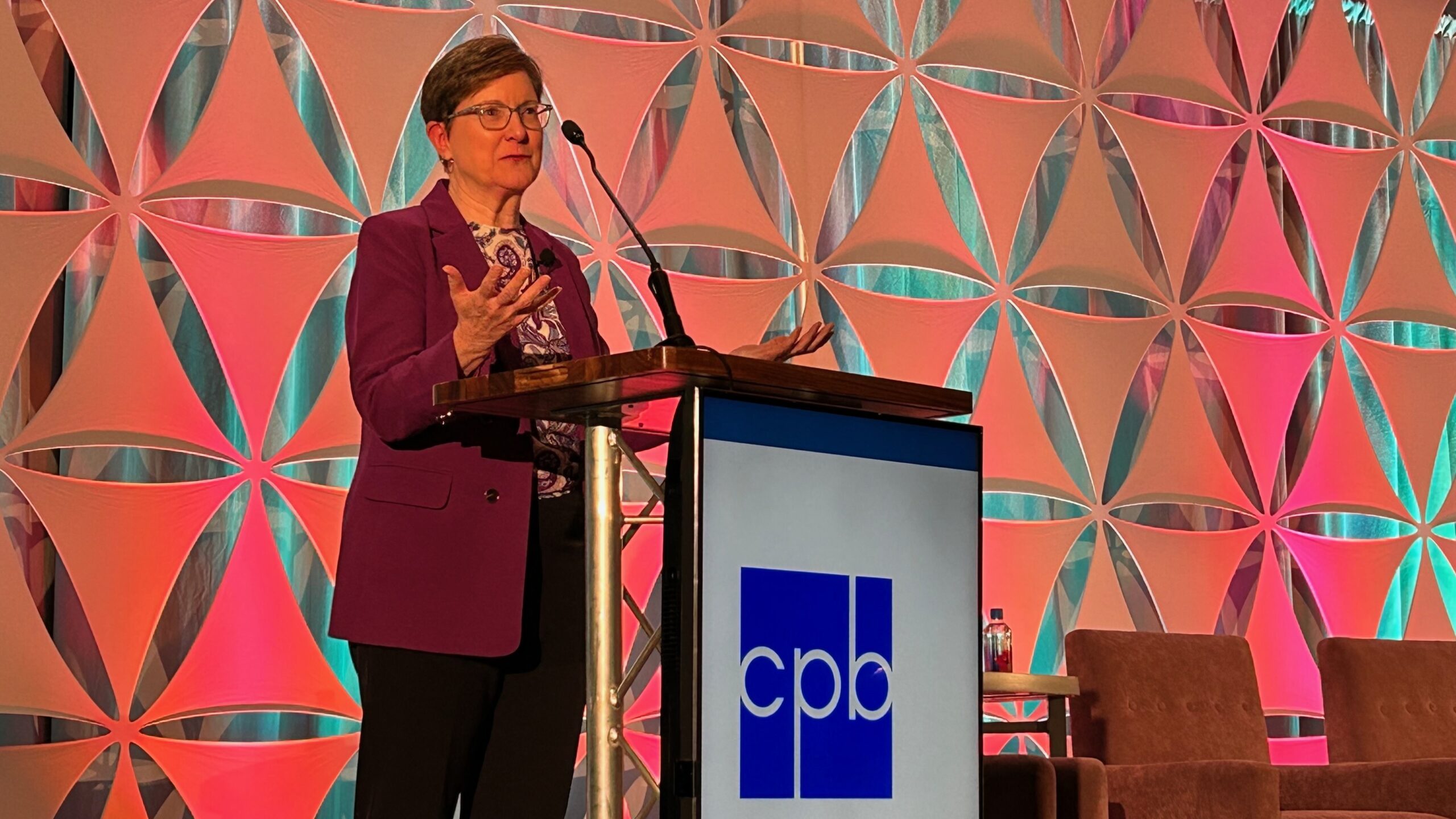Why public broadcasting needs a win in the court of public opinion, too

Sebastian Gorczowski / iStock
With the newly filed federal lawsuit against the Trump administration, the battle for the future of public broadcasting funding has moved to the courts at last. While litigation plays out, however, the battle for public opinion remains equally important — perhaps even more so.
President Trump has been a longtime opponent. Early in his first term, his proposed budget to Congress recommended no allocation for CPB. This currently is about $535 million each year. Subsequent Trump-submitted budgets to date have included comparable funding cancellation requests, although none has been enacted.
Trump also has amplified his antipathy in an all-caps Truth Social post. “REPUBLICANS MUST DEFUND AND TOTALLY DISASSOCIATE THEMSELVES FROM NPR & PBS, THE RADICAL LEFT ‘MONSTERS’ THAT SO BADLY HURT OUR COUNTRY!” he wrote.
Building on this momentum, Trump signed an executive order in early May that proclaimed neither NPR nor PBS “presents a fair, accurate or unbiased portrayal of current events to tax-paying citizens.” It directed the CPB Board to “cancel existing direct funding to the maximum extent allowed by law” and “decline to provide future funding.”
NPR and three of its affiliates in Colorado now have positioned themselves on the litigation front lines. “The Executive Order is a clear violation of the Constitution and the First Amendment’s protections for freedom of speech and association, and freedom of the press,” NPR CEO Katherine Maher noted in a statement.
There is demonstrable bipartisan support for public broadcasting that seems to have been muffled amidst the defunding white noise of late. For example, the Pew Research Center’s March 2025 national survey found that about a quarter of U.S. adults (24%) say Congress should remove federal funding from NPR and PBS. But a larger share (43%) say NPR and PBS should continue to receive funding from the federal government, while 33% say they are not sure.
When surveyed, Democrats, Republicans and independents alike — whether collectively or separately — have not voiced majority approval for withdrawing federal public broadcasting support. But there has yet to emerge concise messaging that reflects the values at stake that can be understood clearly by millions of Americans.
A concise excerpt from a 1977 White House message to Congress in support of long-term funding for public broadcasting seems worthy of resurrecting now, sure to be picked up by politicians and their constituents if communicated in a timely and effective way.
Here’s how it could be repackaged for social media, ready to go viral within a matter of hours.
Post #1 — Public broadcasting has set new standards in children’s programs, drama, music, science, history and educational services.
Post #2 — Public broadcasting’s coverage of local, state and national hearings, its documentaries and its in-depth news analyses have helped make government more understandable.
Post #3 — Public broadcasting has done more than simply entertain us. It has encouraged us and our children to think and to act.
Post #4 — Public broadcasting also pioneered such technical innovations as captioning for the deaf and satellite broadcasting.
Sending this series of posts in all caps, like President Trump’s, could emphasize that both sides are prepared to simultaneously speak loudly and carry a big stick — in the court of public opinion, where the ultimate judgment likely will be rendered.
Stuart N. Brotman is the former president and CEO of The Museum of Television & Radio (now The Paley Center for Media). He is the author of The First Amendment Lives On.







This is an encouraging, interesting and uplifting take.
But I really don’t see any evidence from all around me–and I pay attention to the public media communication ecosystem–that the recommended steps *aren’t* being taken in some form. Does the author believe these sorts of things are not happening? I’m honestly confused.
Also, I wouldn’t use the term “public broadcasting”–emphasis on *broadcasting”–to characterize what public *media* accomplishes. We’re currently potentially communicating to at least two generations of Americans for whom the term “broadcasting” has very little connection or relevance and, frankly, we’re not connecting with them as much as we could/should.
I also think it’s fair for the public media system’s best thinkers to interrogate with bravery and honesty the idea that what was said in *1977* cannot fully be our saving grace today. That was (let me count on my fingers) 48 years ago. How many times has our culture, or society, our technology changed in the past 48 years? I’m all for lasting and resounding-through-the-ages verities. I don’t challenge the concept that they exist. They do and they are important. But isn’t it also time for public media to up its game for the present and future rather than fall back on homilies established almost 50 years ago?
I just received a text from PBS asking:
“What do you think PBS should do to bolster the case for cont’d federal funding of public media? Is there a specific change you believe can make the case for PBS?”
I answered: Yes, broadcast its own documentary about Gazans’ nonviolent Great March of Return, which PBS refused to show Americans; and every time PBS mentions the October 7th violent attack perpetrated by some Gazans during one day, it should also mention these massive nonviolent demonstrations by thousands of Gazans over the course of almost two years that preceded it. (see https://israelpalestinenews.org/why-many-americans-are-unaware-of-the-massive-event-in-gaza-before-october-7th/